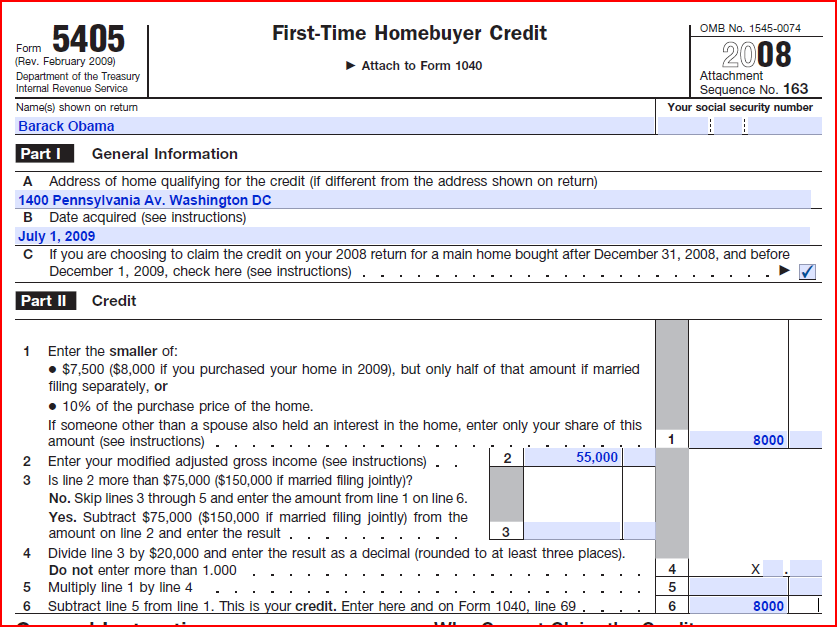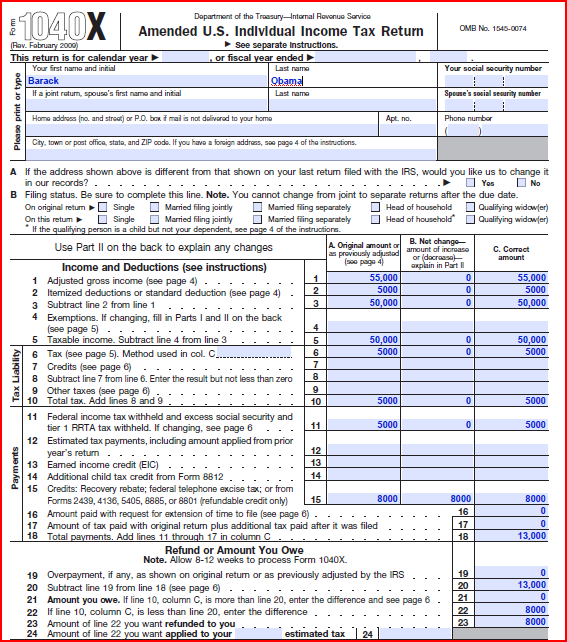 Over the years, clients have called to ask how to buy foreclosed real estate at a sheriff’s sale (The sheriff’s sale is the auction of a property that happens as the last step of a foreclosure.) This is one of those client questions that sets off mild alarm bells in my mind. Generally, I tell the client “You don’t want to do that. It’s too risky.” On a risk scale of one to ten, I would rate this about a nine.
Over the years, clients have called to ask how to buy foreclosed real estate at a sheriff’s sale (The sheriff’s sale is the auction of a property that happens as the last step of a foreclosure.) This is one of those client questions that sets off mild alarm bells in my mind. Generally, I tell the client “You don’t want to do that. It’s too risky.” On a risk scale of one to ten, I would rate this about a nine.
It’s still as risky as it ever was, but there are bargains to be had these days because so many foreclosed properties are being auctioned and lenders don’t want them back. As a result, the lenders are setting low opening bids at the sheriff’s sales and that creates opportunities for savvy buyers who know the risks.
You will need an above-average knowledge of real estate to even consider this. If you have closed on two properties in your lifetime, I would say that this is best avoided, or that you should team up with someone experienced. The internet has tons of information on the properties, so a savvy buyer with good real estate knowledge can get enough information to evaluate the properties offered at the sheriff’s sale. It would be best to buy, fix up and rent the property and hold it for awhile. “Flipping” real estate, or quickly reselling it at a profit, is an advanced skill and can lead to a profits that will make one the stuff of legend at neighborhood block party (hey, did you hear he made $60k on ONE foreclosure) or can lead to financial ruin.
The key to buying a property at the sheriff’s sale is in knowing the approximate current value of the property. Many of the mortgages being foreclosed were 100% loans made at the peak of the market in 2004 and 2005. They are not worth anywhere near the amount of the foreclosed mortgage. Once you know the approximate current value of the property, you can set your bottom line price for the property. Keep in mind you will have to pay a real estate commission to list and sell the property (5%), closing costs on the sale (1%), real estate taxes (about 2%) and fix up expenses for the property (2%), that will add up to about 10% of the value of the property so you will need a steep discount to make this mission worthwhile. Discounts are usually up to 35%- 45% of the property value.
Using Kane County as an example, here is rundown of how it works:
1. What properties are available? The sheriff has a list of properties for sale each week. Beware that individual properties are frequently dropped from the sale for a particular week or properties are taken off the list at the last minute as the sheriff’s sale date is extended. Kane County has 37 properties, mostly in Aurora, up for auction next week (1/22/09). I would not buy a condo at the sheriff’s sale in this market because you will have the added expense of unpaid association dues. These are not wiped out in the foreclosure. Also the market is saturated with condos and lenders are charging more for buyers to get loans on condos. You have to research the list of property, determine the current value and relentlessly eliminate properties from your list. If you have one or two properties you think are worth it, then you have done your homework.
2. How do I know what the property is worth? It’s best to buy in an area that you know. To determine the value, you have to check the comparable sales (“comps”) of properties that have closed in the last year through a real estate agent. You can check the comps on many websites including trulia and zillow Many real estate agents have websites that require you to register and then you can search properties through their site.
3. Can I see the property? No, not the inside anyway. You are buying it without seeing the inside of the property. But always drive by a property. It may be next to a creek, a tannery, a noisy bar or it may be burned to the ground for all you know. An in-person visit will tell you if it’s vacant (most are) and it will give you a general idea of the home’s condition.
4. Who bids at the sheriff’s sale? In Cook County, the sheriff’s sales are outsourced to private companies for the most part. There may be as many as 50 bidders in Cook County. In the outlying counties like Kane or DuPage, there may be 10 and 20 bidders. This Chicago Tribune story describes a DuPage County sale with “20 attendees”, but only 1 house was sold during this auction. If no one bids on the property (this happens a lot) then the property goes back to the mortgage holder and the mortgage holder will list the property and try to sell it after the sale part if its REO (real estate owned) inventory. Buying an REO is easier than buying at a sheriff’s sale because the taxes are paid and you get a title search.
5. Can I attend the sale just to watch? Yes. In fact, some savvy folk watch the sale and then contact the winning bidder and offer to buy the property from the successful bidder. There’s no sales commission and they might get a discount for a quick sale by the auction winner. FHA used to have a “seasoning” requirement that made owners of foreclosed properties wait 90 days before selling it to a buyer getting an FHA loan, but that requirement is gone until June 2009.
6. Who sets the opening bid price? The mortgage holder sets the price. If the foreclosed mortgage was $300,000.00, the lender might set the opening bid as low as $100,000.00. The mortgage holders set the opening bids very low because they don’t want the property back and they are trying to entice you to bid on it. The setting of a low opening bid is what makes the purchase potentially profitable for the buyer.
7. How much do I have to put down? Most sheriff’s sales require that you pay 10% at the sale and the balance within 24 hours. You need all cash. No financing or mortgages are allowed. If you bid on a property and win and pay the 10% and then can’t come up with the rest, you lose the 10%. Some investors pool their money and set up a Limited Liability Company (LLC) to bid at the sale.
8. What liens do I have to pay? As a buyer at the sheriff’s sale, you get no title insurance and no survey. You get no tax credit; just a deed from the sheriff. The foreclosed mortgage is wiped out. But, you will be responsible for any unpaid real estate taxes. You also have to pay unpaid condo dues for a condominium. It is easy to check if the taxes are paid on the county treasurer’s website. Keep in mind that taxes are one year in arrears, so no matter what, you will get stuck paying one year of taxes.
9. Are you buying a property with a foreclosed first mortgage or a second mortgage? There are a lot of second mortgages out there. Sometimes the second mortgage holder files a foreclosure. You do not want to buy a property where the second mortgage was foreclosed. That means you will have to pay off the first mortgage. You want to buy a property where the first mortgage was foreclosed. This is one big reason you need to check the title to the property and the court file.
10. What does the title search show? In Kane County you can check the title of any property on the recorders web site or you can order a title search from a title company. Cook county also has a site, but it’s sluggish and not user friendly. It shows the owners name and the amount the owner paid for the property (you have to figure it out by the amount of transfer tax paido of $1.50 per thousand of the purchase price). It also shows other mortgages on the property and the lis pendens that was recorded by the foreclosing lender. The lis pendens shows which lender did the foreclosing. If the title shows IRS liens and other U.S. government seizures I would avoid it.
11. What else should I check? Most counties have online access to the foreclosure court file and this should be checked. (Kane’s site is terrible, but Cook County’s is good.)
12. When do I get the deed? You get a certificate of sale if you are the successful bidder. Next, the sale has to be confirmed in court. The foreclosure attorney for the bank does this. It happens a few weeks after the sale. Once the sale is confirmed by the court, you get a deed from the sheriff.
13. Usually the owner is gone by this time. If the owner is not gone, you will have to file a forcible entry and detainer to evict the owner. You can try to do this yourself, but realistically you will need an attorney. It will cost about $900 for an average eviction, although every one is different and the cost easily can be twice that amount.


 Over the years, clients have called to ask how to buy foreclosed real estate at a sheriff’s sale (The sheriff’s sale is the auction of a property that happens as the last step of a foreclosure.) This is one of those client questions that sets off mild alarm bells in my mind. Generally, I tell the client “You don’t want to do that. It’s too risky.” On a risk scale of one to ten, I would rate this about a nine.
Over the years, clients have called to ask how to buy foreclosed real estate at a sheriff’s sale (The sheriff’s sale is the auction of a property that happens as the last step of a foreclosure.) This is one of those client questions that sets off mild alarm bells in my mind. Generally, I tell the client “You don’t want to do that. It’s too risky.” On a risk scale of one to ten, I would rate this about a nine.